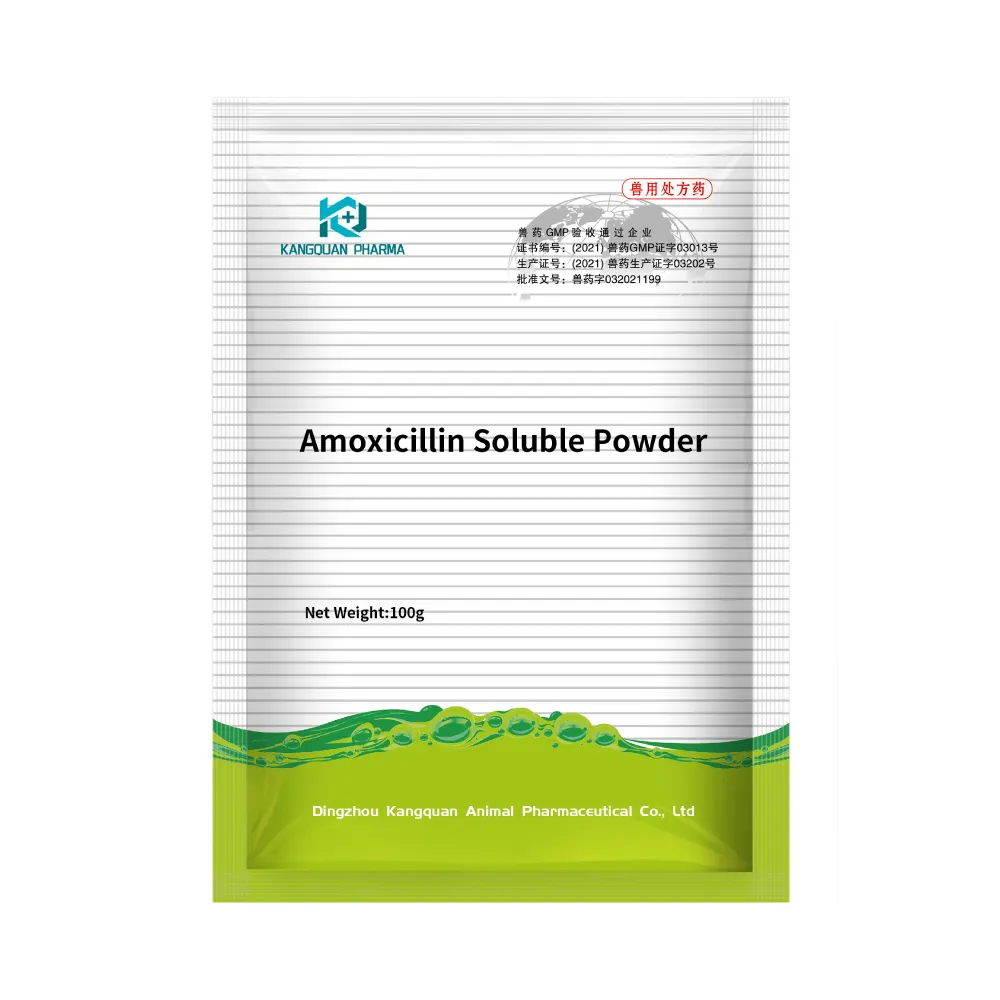- Afrikaans
- Albanian
- Amharic
- Arabic
- Armenian
- Azerbaijani
- Basque
- Belarusian
- Bengali
- Bosnian
- Bulgarian
- Catalan
- Cebuano
- Corsican
- Croatian
- Czech
- Danish
- Dutch
- English
- Esperanto
- Estonian
- Finnish
- French
- Frisian
- Galician
- Georgian
- German
- Greek
- Gujarati
- Haitian Creole
- hausa
- hawaiian
- Hebrew
- Hindi
- Miao
- Hungarian
- Icelandic
- igbo
- Indonesian
- irish
- Italian
- Japanese
- Javanese
- Kannada
- kazakh
- Khmer
- Rwandese
- Korean
- Kurdish
- Kyrgyz
- Lao
- Latin
- Latvian
- Lithuanian
- Luxembourgish
- Macedonian
- Malgashi
- Malay
- Malayalam
- Maltese
- Maori
- Marathi
- Mongolian
- Myanmar
- Nepali
- Norwegian
- Norwegian
- Occitan
- Pashto
- Persian
- Polish
- Portuguese
- Punjabi
- Romanian
- Russian
- Samoan
- Scottish Gaelic
- Serbian
- Sesotho
- Shona
- Sindhi
- Sinhala
- Slovak
- Slovenian
- Somali
- Spanish
- Sundanese
- Swahili
- Swedish
- Tagalog
- Tajik
- Tamil
- Tatar
- Telugu
- Thai
- Turkish
- Turkmen
- Ukrainian
- Urdu
- Uighur
- Uzbek
- Vietnamese
- Welsh
- Bantu
- Yiddish
- Yoruba
- Zulu
کانونی یەکەم . 03, 2024 15:52 Back to list
what is the best medicine for an upper respiratory infection
What is the Best Medicine for an Upper Respiratory Infection?
Upper respiratory infections (URIs), commonly referred to as the common cold and other viral infections of the upper airways, affect millions of people every year. These infections typically present with symptoms such as a runny or stuffy nose, sore throat, cough, and general malaise. Although these infections are mostly caused by viruses, many patients seek relief through various medications and home remedies. In this article, we explore the best approaches to managing URIs, the effectiveness of over-the-counter medications, and the importance of self-care measures.
Understanding Upper Respiratory Infections
URIs are primarily caused by viruses and are often self-limiting, meaning they usually resolve on their own without the need for prescription medications. Common culprits include rhinoviruses, coronaviruses, and adenoviruses. While bacteria can also cause respiratory infections, they are less common in upper respiratory infections. The symptoms can last anywhere from a few days to a couple of weeks, and while it's important to alleviate discomfort, it’s equally essential to understand that antibiotics are ineffective against viral infections.
Over-the-Counter Medications
For those seeking relief from unpleasant symptoms, numerous over-the-counter (OTC) medications are available. Here are some of the most commonly used options
1. Decongestants These medications, including pseudoephedrine (Sudafed) and phenylephrine, help relieve nasal congestion by constricting blood vessels in the nasal passages. They can be particularly effective for those struggling with a stuffy nose.
2. Antihistamines First-generation antihistamines like diphenhydramine (Benadryl) can alleviate symptoms such as a runny nose and sneezing. However, they often cause drowsiness, making them more suitable for nighttime use.
3. Cough Suppressants Dextromethorphan is a common ingredient in cough syrups aimed at suppressing a dry cough. However, it's important to note that coughing serves a purpose—to clear mucus from the airways—so cough suppressants should be used judiciously.
4. Expectorants Guaifenesin, an ingredient found in many cold medications, can help loosen mucus, making it easier to expel when coughing.
5. Pain Relievers and Fever Reducers Acetaminophen (Tylenol) and ibuprofen (Advil/Motrin) can help alleviate sore throat and headaches commonly associated with URIs.
what is the best medicine for an upper respiratory infection

Natural Remedies and Self-Care Tips
In addition to OTC medications, self-care plays a crucial role in managing URIs. Here are some helpful tips
- Stay Hydrated Drink plenty of fluids such as water, herbal teas, and broth. Staying hydrated helps thin mucus and keeps your throat moist.
- Rest Allow your body time to heal by getting adequate rest. Sleep helps bolster the immune system, aiding in recovery.
- Humidifiers Using a humidifier in your home can keep air moist, helping soothe nasal passages and ease breathing.
- Saltwater Gargles Gargling with warm salt water can provide relief for a sore throat and reduce inflammation.
- Honey A natural remedy for sore throats and coughs, honey can be taken by the spoonful or added to warm teas. Note that honey should not be given to children under one year due to the risk of botulism.
When to Seek Medical Attention
Most upper respiratory infections will resolve on their own; however, it’s essential to know when to seek medical advice. Symptoms that warrant a visit to a healthcare provider include persistent high fever, severe headache, difficulty breathing, chest pain, or symptoms that worsen or do not improve after ten days.
Conclusion
While several medications and remedies are available to manage upper respiratory infections, it’s essential to approach treatment thoughtfully. OTC medications can provide symptom relief, but self-care practices and staying vigilant for complications are equally important. Remember that URIs are usually viral and self-limiting; thus, patience is often the best medicine. If symptoms persist or worsen, consult a healthcare professional for proper evaluation and care.
-
Guide to Oxytetracycline Injection
NewsMar.27,2025
-
Guide to Colistin Sulphate
NewsMar.27,2025
-
Gentamicin Sulfate: Uses, Price, And Key Information
NewsMar.27,2025
-
Enrofloxacin Injection: Uses, Price, And Supplier Information
NewsMar.27,2025
-
Dexamethasone Sodium Phosphate Injection: Uses, Price, And Key Information
NewsMar.27,2025
-
Albendazole Tablet: Uses, Dosage, Cost, And Key Information
NewsMar.27,2025













